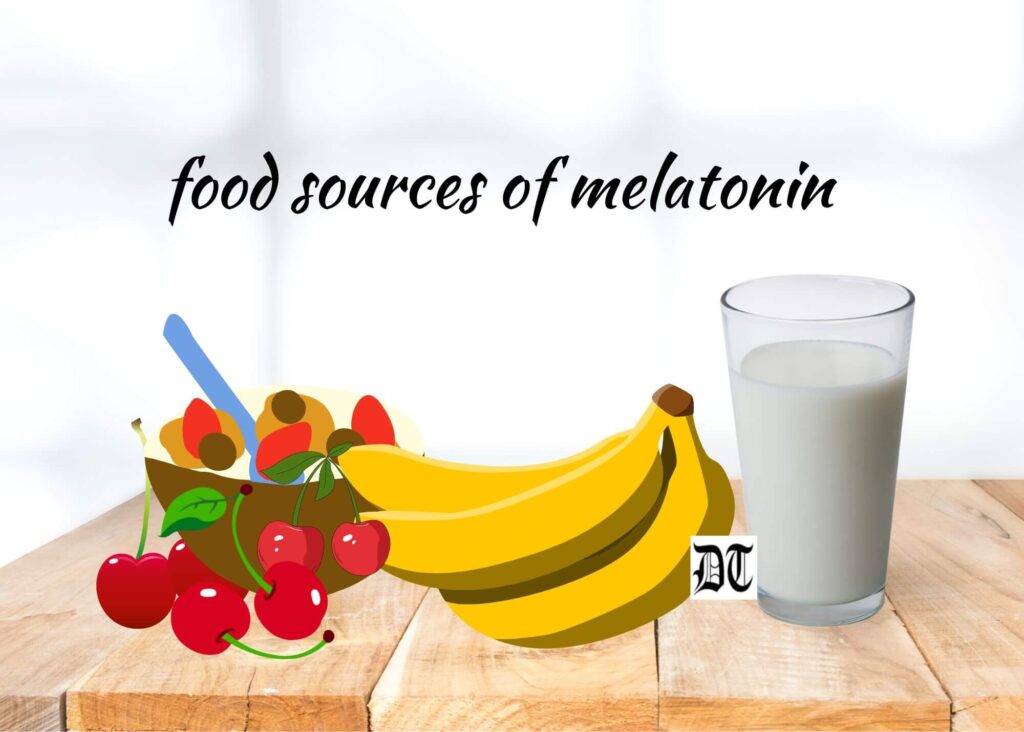Reading Time: 3 minutes
Sleep is very important for recovery of the body. London-based Parna, a certified nutritionist, and a fitness expert, tells us the importance of good sleep, in the new weekly column, Life-n-Fitness, beginning this Saturday, exclusively in Different Truths.
We tend to think that it’s all the hard work which the athletes do that gives them great results, but that’s not the whole truth.
The results from exercise actually come from recovery. Yes, you heard it right, its recovery.
Recovery = Rest + Repair + Rejuvenate
At rest, the body repairs the damage caused by exercise, which leads to all the positive changes you see on the outside and feel on the inside. Not just that, a good quality sleep recharges your brain and also helps in protein synthesis. That’s why is it is so important for you to have lots of recovery after your workout.
Improvement isn’t always Training Harder, but Recovering Better!
I have often seen many people suffering from getting inadequate sleep that hinders their performance. Loss of sleep or disturbed sleep is a common problem. Without peaceful sleep, your hormones, your lean tissues will not be able to support fat burning, growth, and repair. Stress and disturbed sleep throw the hormones off balance and depletes you of lean tissues through muscle breakdown and bones thinning.
In this article, I am trying to share some ways that would be helpful for you to sleep well.
Correcting your diet and improving the amino acid content of your meals is a great way of ensuring sound sleep. Tryptophan, one of the essential amino acids, is known to increase the serotonin (feel good hormone) and the melatonin (sleep hormone) in your body. These are neurotransmitters, which help the brain to calm down and thus induce sleep. Melatonin is used as a treatment for insomnia, delayed sleep phase syndrome (DSPS), jet lag and insomnia associated with attention deficit-hyperactivity disorder (ADHD).
One of the few rich food sources of melatonin is cherries. Other food sources that do not contain melatonin, but can aid in melatonin production, include bananas, oatmeal, and milk. These foods contain amino acids, vitamins and complex carbohydrates necessary for melatonin manufacture. Foods that contain serotonin-boosting substances, namely the amino acid tryptophan, include seafood, dairy, chicken, nuts, seeds, and eggs. Because both hormones have the same amino acid precursors, the same foods can boost production of both melatonin and serotonin.

Tryptophan is found in almost all dairy products. A glass of milk (with no sugar/sweetener) as a late night snack, or adding a milk product like paneer to your dinner can help you get your dose of tryptophan. When consumed with a whole grain like wheat, Pearl Millets (Sorghum or jowar), dark millet (candle millet or bajra), finger millet (raagi), it will lead to a restful sleep.
Finish your last meal at least 2 hrs. prior to sleeping. It’s a good idea to eat a fuller meal by 6 – 6:30 pm in the evening and then eat really light by 8 – 8:30 pm. At night, our cells are naturally not very sensitive to nutrients as they don’t really need much, so if you overload your stomach at that time most of it will get wasted or converted to fat. At night, when we sleep, our body’s intelligence system should feel free to do what it is supposed to do – repair and rejuvenate. But if at this time the stomach is overloaded, then the body is torn between two things. Our body’s recovery system takes a backseat and the food also doesn’t get broken down, digested and absorbed well. The end result is that we wake up feeling not just tired and weary (due to hampered recovery process) but also with a bloated stomach, swollen face, acidity, flatulence (due to hampered digestion), making us feel heavy and dull instead of fresh and light.
Avoid stimulants (like caffeine) and alcohol and try to let your mind relax for 30-60 minutes before bedtime. Activities like computer games or exciting TV programmes, radiations from the laptop and cell phone tend to stimulate the mind, so try something calmer, like reading, listening to soft music, deep breathing, etc. instead.
A good quality restful and peaceful sleep is the backbone to a better health and a great body. While we sleep our body repairs cells, balances the hormones, rejuvenates the cells of our body, repairs the damage that our cells have undergone throughout the day and gets ready for the next day!
Therefore, to maximize your recovery, focus on getting plenty of good-quality sleep.
Picture design Anumita Roy, Different Truths














Good one. Diet definitely has a role to play in good quality sleep. However, there’s some research which suggests that people are sleeping less than they did in the past, especially in big cities. The use of artificial light and near elimination of night because of that may be an important contributory factor in reducing sleep time. The cellphone addiction is another very important factor. There’s some evidence that suggests that the LED lights also deprive a person of sleep while causing macular degeneration also. The online working mode has been found to be responsible for growing number of insomniacs. An ophthalmologist in Patiala where I live shared with me that the number of patients with macular degeneration has increased since the advent of the Covid pandemic; there’s enough evidence that insomnia has also become widespread during the last two years. Both pathophobia and the inability to switch off the neural activity after long hours of sitting in front of the LCDs and LED screens with blue light, are suspected to be insomnia epidemic. The greed of the employers to extract maximum profit from the employees on the pretext of ‘flexible’ work hours.
I believe that you should write a series of articles on this issue. There’s singular lack of awareness among most people.